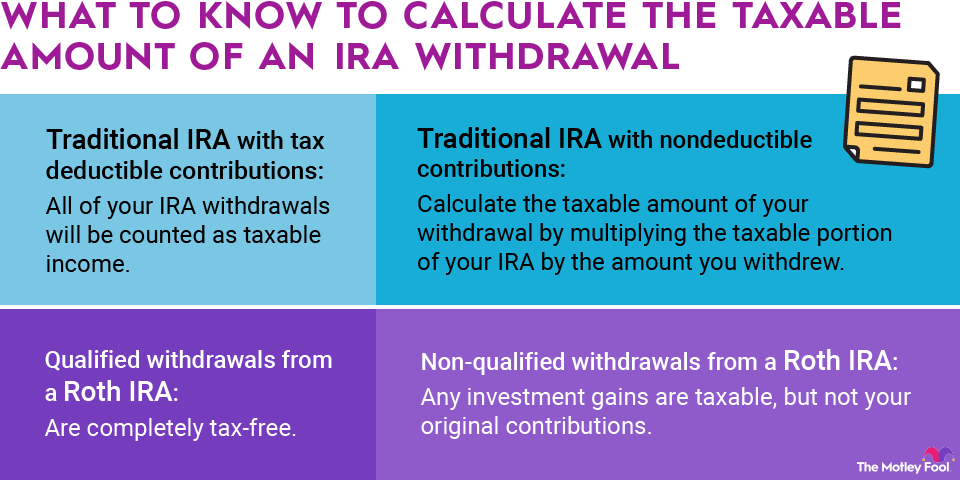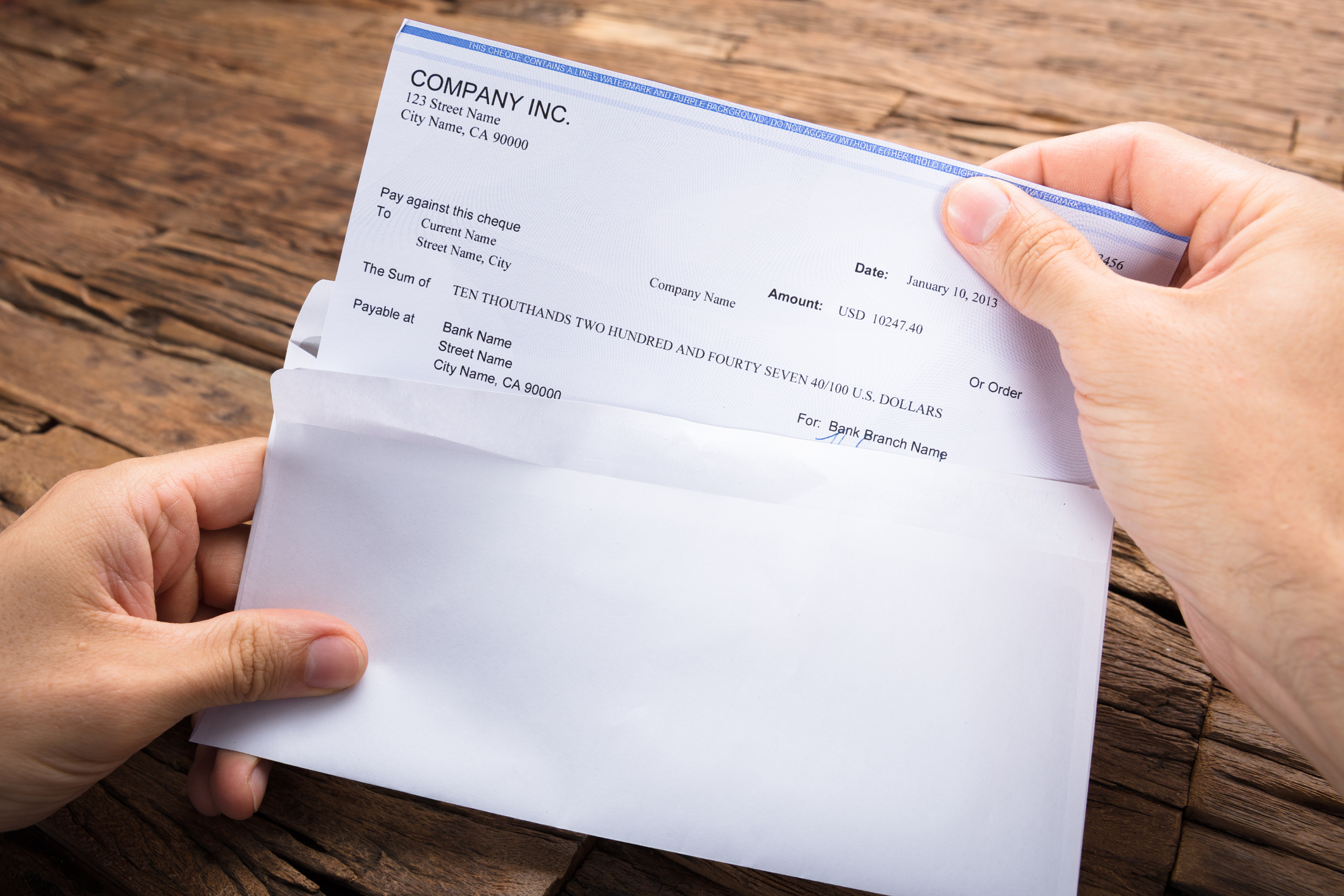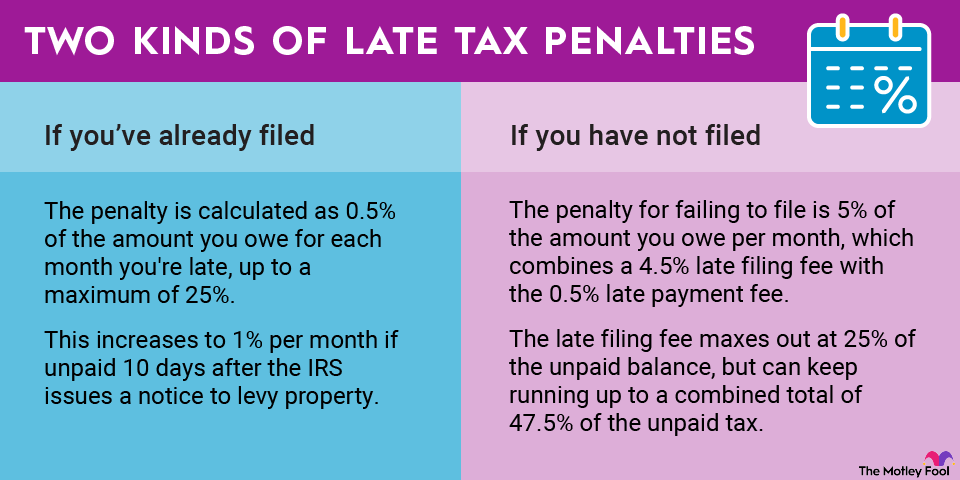Many taxpayers find the home-office deduction to be one of the scariest provisions in the tax laws because of fears that it will set off audit alarm bells at the IRS. For business owners who set up their businesses as S corporations, the home-office deduction is even more complicated, and many end up concluding that they simply can't take it. By being careful in how you structure the relationship between yourself and your S corporation, there's a way you can benefit from the expenses of having a home office.

Why home-office deductions can be a problem for S corporations
Self-employed individuals whose businesses are set up as sole proprietorships or business entities treated as partnerships for tax purposes routinely use the home-office deduction for expenses related to the business use of their homes. The deduction is available to those who use a portion of their homes regularly and exclusively for conducting business and for whom the home is their principal place of business.
However, there are additional tests for those who use a home office in their role as employees, and technically, when a business is set up as an S corporation rather than a sole proprietorship or partnership, the business owner will have an employment relationship with the corporation. The additional tests include a requirement that the business use of the property is for the convenience of the employer and that the employee must not rent any part of the home to the employer. In the past, courts have found that business owners who rented their personal homes to the S corporation weren't allowed to claim corporate deductions for the rental payments.
Ways to get a deduction
There are two ways S corporation owners can get a tax benefit for their home-office expenses. One is to claim a miscellaneous itemized deduction for unreimbursed employee expenses. The problem, though, is that miscellaneous deductions are only deductible for those who itemize, and only to the extent that they exceed 2% of your adjusted gross income. For many taxpayers, that makes the home-office deduction essentially useless.
However, another way to handle the situation is to have the S corporation reimburse the expenses that are allocable to the business use of the home. By doing so, the business can claim a deduction for necessary business expenses, while the taxpayer is allowed to exclude the reimbursements from income under the fringe-benefits provisions of the tax law.
Related investing topics
There's one catch to this treatment: The deduction that the business can take is limited to the net income that the business generates. Therefore, if you have a loss for a given year, then you won't be able to claim the deduction. What you can do, though, is carry it forward to a future year. If you earn a profit in the future, you'll be able to claim it then.
By documenting reimbursements from a corporate bank account to your personal account, you'll be able to establish records to support your position if requested by the IRS. That will make it easier for you to get the tax benefit of your home-office expenses without potentially triggering red flags.


















